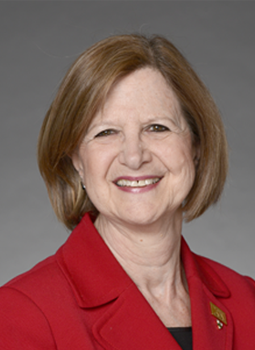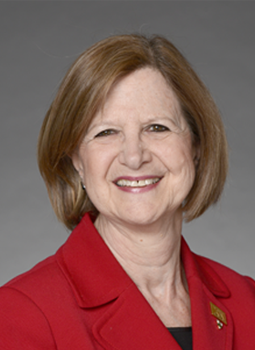Earlier this year, i was interviewed by Cathy Alex, a CBC reporter from Thunder Bay who was writing about the outcome of the inquest into the tragic death of Brad Chapman. The 43-year-old father of three died from an overdose in the summer of 2015. At the end of the interview, Cathy asked me a pointed question: what can we learn from the inquest that helps put the issue into perspective for those struggling with addiction in her community.
My answer came from my heart.
For Thunder Bay, and for any other community across this province and elsewhere, the most important lesson from this inquest is that people who use substances are people like you and me. They are people from our families. They are friends. They are colleagues. And they are community members. Like anyone with a health condition, and let me be clear, substance use is an illness, they require all of the same assistance and access to health services as anyone else with any other health condition. When you think in this way, consumption and treatment services are an absolute must in every community. Embracing our loved ones who use substances is vital.
Brad Chapman was experiencing homelessness when he was found by a security guard in a downtown Toronto alley in August 2015. He – and so many others like him – was in dire need of health system supports. RNAO was a party to the inquest into Brad’s death. This meant that our legal counsel – Stockwoods lawyer Tiffany O’Hearn-Davies – could ask questions of witnesses and make submissions. Shirley Kennedy, past-president of RNAO’s Ontario Correctional Nurses’ Interest Group, provided important testimony. Brad’s sister Leigh, a nursing colleague who worked at RNAO for five years and who is about to complete her PhD, and Cori Chapman, Brad’s mother, who is also an RN and an unsung hero, provided key testimony and attended every day.
Prior to the inquest, Cori participated in the development panel of RNAO’s Implementing supervised injection services (SIS) best practice guideline (BPG) that supports decision-making around the most effective approaches for delivering SIS to people who inject drugs. Cori and Leigh displayed incredible courage and resilience during the painful, and in numerous instances, heartbreaking testimony presented to the five-person jury.
If governments heed the inquest recommendations, lives will be saved.
Truth be told, RNAO did not need an inquest to know that clinics offering supervised consumption services are absolutely vital. As you will see in this issue of RNJ, RNAO has been advocating about the needs of the vulnerable populations that use substances for many years. The evidence shows the value of SIS clinics and any other interventions that are part of a comprehensive approach to substance use. We must start with prevention, and open the doors for treatment when and if a person is ready for it.
During the inquest, the public learned that Brad had been an inmate in more than one correctional facility. The challenges facing people who use substances and are also incarcerated became a focal point. It is disheartening to hear detailed accounts of the numerous gaps existing today in our prisons. RNAO has long known about some of these failings, especially those related to health-care services. However, testimony at the inquest revealed a system that is shockingly broken. If a person is incarcerated, there is no electronic health record. When they are released, their medical history is gone. How can we expect any continuity of care for inmates in need of health services if we don’t know their history?
Several inquest recommendations (see more at RNAO.ca/ChapmanInquest) addressed this broken system. Among them: transfer responsibility for health in correctional facilities to the ministry of health; improve delivery of health care to people who are incarcerated; develop a province-wide electronic health record for all individuals in custody; and ensure better planning for discharge from correctional facilities back into the community. Had these things been in place for Brad Chapman, his life may not have been cut short.
The jury also recognized RNAO’s expertise and recommended that it play a greater role protecting those experiencing homelessness, including those who struggle with mental illness and addiction, by developing a BPG to improve their care and support.
RNAO is pleased the jury recognized the value of its work. We are also pleased the jury recommended a public health approach to the opioid crisis that emphasizes the social determinants of health and one that takes a non-discriminatory approach to drug overdose prevention and harm reduction.
If governments heed the inquest recommendations, lives will be saved, and vulnerable people who struggle with addiction will escape the stigma and harm it inflicts on those in its grip.


